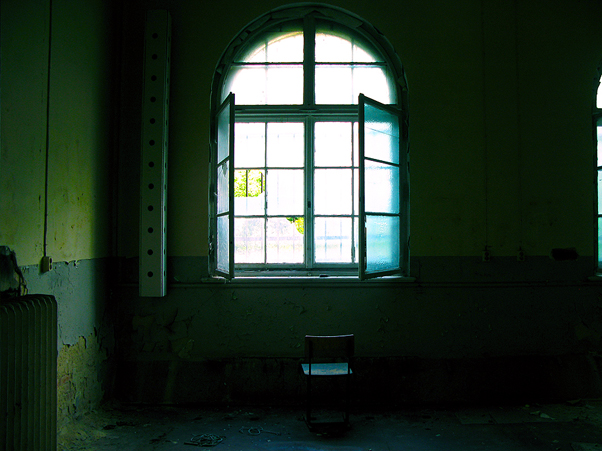Donnerstag, 19 April, 2012 - 20:00
schleusen#27: The Gods are here also.
A lecture by Sander Kalverda about the empty place where Gods used to be, following the traces that have been left by the (dis)appearance of Gods in our midst, exploring ideas and doubts about their role and their workings by looking at the (w)holes they left behind.
No word shall be spoken about the death of god, for it lies in the very nature or definition of a god, that – ultimately – gods cannot die. But gods can be absent, be they one and true, trinitarian, or manifold in their manifestations. And if the history of Europe is one of gods, it is all but played out. Sure, gods are largely absent from our public life, our institutions and our intentional thoughts and actions, but residual traces can still be found. And though art may sometimes play with religious themes, it hardly invokes the gods of whatever age, except in absented forms of misconception or mockery.
And when the absence of a god is felt, either by the believer in his most troubled doubts or the non-believer in his clearest of ideas, still the lasting presence of their absence is made known through textual testimonies, architectural monuments and the myriad bodies of religious communities. And so for whatever stance we take on these absented presences, we stand in re(ve)lation to this empty place where gods used to be. To come to an understanding of the moment(um) of this abandonment of gods we may figure out where we are and where we are going.
What we may hope to find? Or what we may despair to lose? I know not. But therefore, to encourage the audience to focus on their p(l)ace and not to be fearful, I would repeat the words of the Greek philosopher Heraclitus when his students stood outside his house hesitant to disturb their master while seeing him sitting beside the fire in his kitchen: “Come in, the gods are here also.”
Sander Kalverda, born in 1981, is an independent researcher on the philosophy of gods and divine madness and has an MA in mysticism and western esotericism.
Door 20:00 h, lecture starts 21:00 h.
